Home > Workshop and Training > IN JAPAN > Fiscal Year 2015 > Japan-ASEAN Integration Fund(JAIF)Course Takes Place
Main content starts here.
Update:September 9, 2016
Japan-ASEAN Integration Fund(JAIF)Course Takes Place
Objectives
Sponsored by the Japan-ASEAN Integration Fund(JAIF), ICETT implemented a capacity building course on greenhouse gas reduction for 14 government officials and university researchers from eight ASEAN nations: Brunei, Cambodia, Indonesia, Malaysia, Myanmar, the Philippines, Singapore, and Thailand. A Filipino was also invited as a representative of a joint proposer who, together with ICETT, backed the idea for this course.
The course was part of a program jointly proposed by ICETT and the Sub-Committee on Sustainable Energy Research (SCSER) of the ASEAN Committee on Science and Technology (COST). It aimed at developing human resources in the energy field and promoting energy saving in the ASEAN region, while encouraging exchanges between those who engage in energy projects in ASEAN states and Japan.
Outline
It was a seven-day training course which lasted from February 22 (Mon.) to 28 (Sun.), 2016. The first half of the course was conducted at ICETT in Mie Prefecture and the latter half in Tokyo.
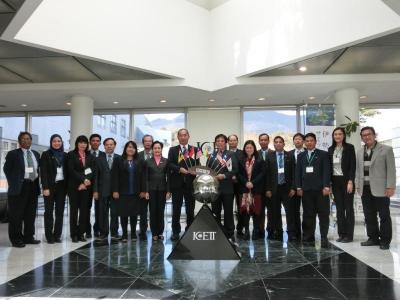
Even though it was a tough schedule in Japan, the participants made great efforts to prepare inception, daily, and final reports, while getting ready for presentations at the Tokyo workshop. Their active involvement made it possible for the course to end without any delay.
The participants first listened to a keynote lecture that included the essence of this course and learned about Japanese plant executives’ views regarding energy saving. Then, they visited factories in the neighboring prefecture of Aichi, which engage in electric machinery and apparatuses manufacturing and beer brewing. There, they saw the PDCA cycle and various energy saving activities, such as the thermal energy process. The PDCA cycle starts by representing how much energy is used in an easily visible format.
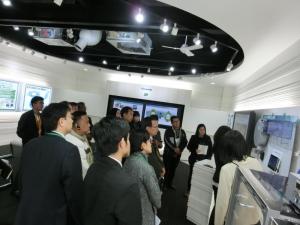
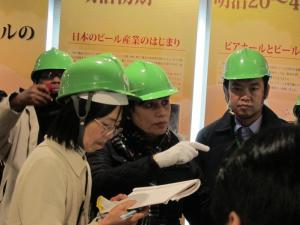
Following the ICETT-based activities, they went to Tokyo to receive technical guidance on the thermal energy process and learn about the methods of energy-saving diagnosis. They appeared highly interested in these methods.
On the final day, there was a workshop, also attended by those from Japanese public and private sectors who work in the energy field. Japanese representatives explained Japanese energy-saving laws and policies, the current situation and problems of ASEAN from a viewpoint of energy-saving assistance for ASEAN countries, and the latest situation of the Joint Crediting Mechanism (JCM) which is expected to help promote energy conservation in the ASEAN region. Following that, the participants each made presentations about the problems of each of their countries and their expectations for Japan’s role in this field. After the presentations by both sides, there were very lively exchanges of opinions and ideas about the limits in the ASEAN region, Japan’s issues in assisting the region, and future possibilities of cooperation between ASEAN and Japan.
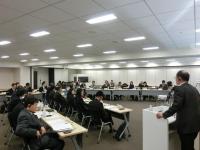
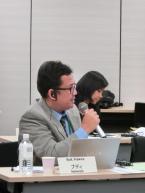
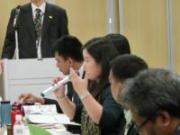
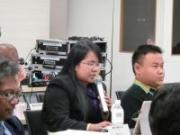
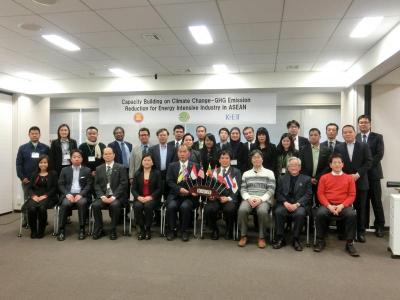
It is expected that the participants and the Japanese attendees will take full advantage of the knowledge and human networks they developed in this course in the future and contribute to promoting and extending efforts to reduce greenhouse gas emissions in the ASEAN region.
Throughout the course, it was a good weather and the whole schedule was finished as planned. The participants appeared to enjoy themselves at ICETT, surrounded by forests, and in Japan’s capital of Tokyo. They also left many comments saying that they spent meaningful days in Japan while learning quite a lot.
ICETT would like to express its gratitude for the cooperation in this course of relevant Japanese institutions, the secretariat of ASEAN, the parties involved in the ASEAN countries, and the JAIF management team. (Ito, Okumoto, Kise, Uchida)







